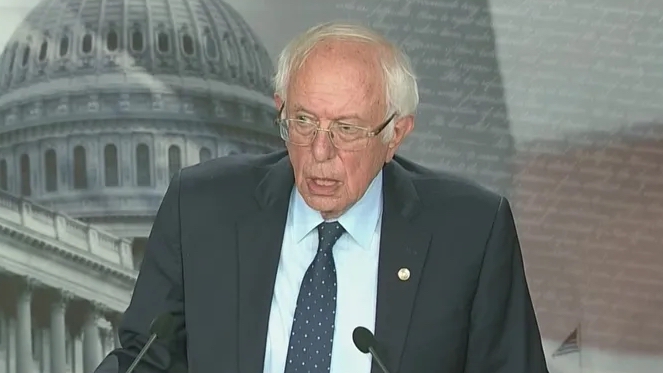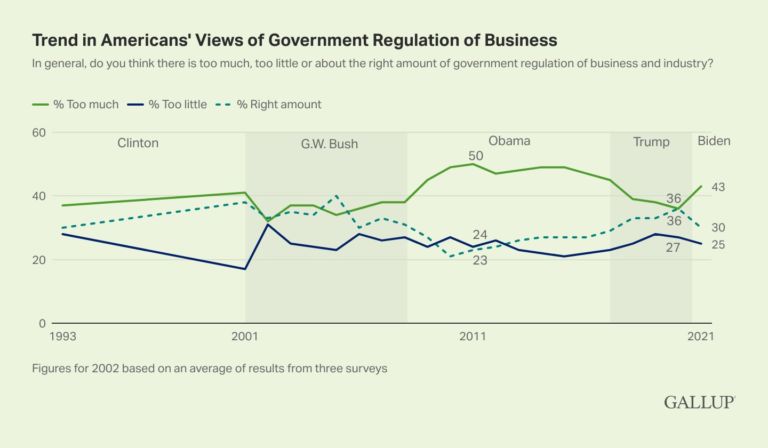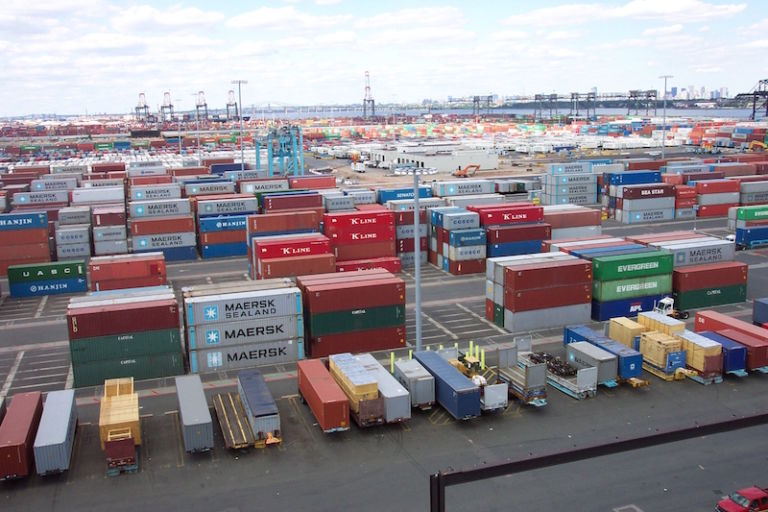 Cato Institute President John Allison, the longtime chairman and CEO of BB&T, makes the argument for free markets and limited government as well as anyone in his book The Financial Crisis and the Free Market Cure.
Cato Institute President John Allison, the longtime chairman and CEO of BB&T, makes the argument for free markets and limited government as well as anyone in his book The Financial Crisis and the Free Market Cure.
Perhaps the most interesting portions of the book are those in which Allison — the “nation’s longest-serving CEO of a top-25 financial institution” — details how government efforts to “do something” about perceived societal problems ended up leading to negative unintended consequences for the bank he led for two decades.
Allison reminds us that BB&T did not suffer a single quarterly loss during the financial crisis, a record none of the bank’s primary competitors could match. Yet that record of success has not allowed BB&T to escape the regulators’ ever-tightening net.
Because we believe that the way to achieve optimal organizational performance is to allow individual employees to use their minds effectively, we operate with a highly decentralized organizational structure. One problem for the large banks that had regulator-driven risk-management systems is that a mistake in a centralized system, while less likely, is incredibly more destructive because the mistake is forced throughout the whole organization. Since we are decentralized, individual mistakes tend to offset one another. Also, our decision makers are held personally responsible for their performance. Committees do not make any credit decisions.
Unfortunately, BB&T’s highly decentralized decision structure has largely been destroyed by the recent regulatory attack. This is true irony in that while BB&T’s structure radically outperformed the industry, we have been forced to replicate the credit decision structure of Citigroup, Wachovia, Bank of America, and others, which fundamentally failed. However, a centralized structure gives the regulators a greater sense of control. After all, it is less messy. However, the fact that the regulators are forcing all major banks into centralized decision making and using Basel capital guidelines to herd banks into the same lending segments is a recipe for future disasters.
Despite the bad news, Allison labels himself an optimist and suggests the United States can avoid “severe financial problems in 20 to 25 years” if the nation changes course and returns to the fundamental principles of a free society.


